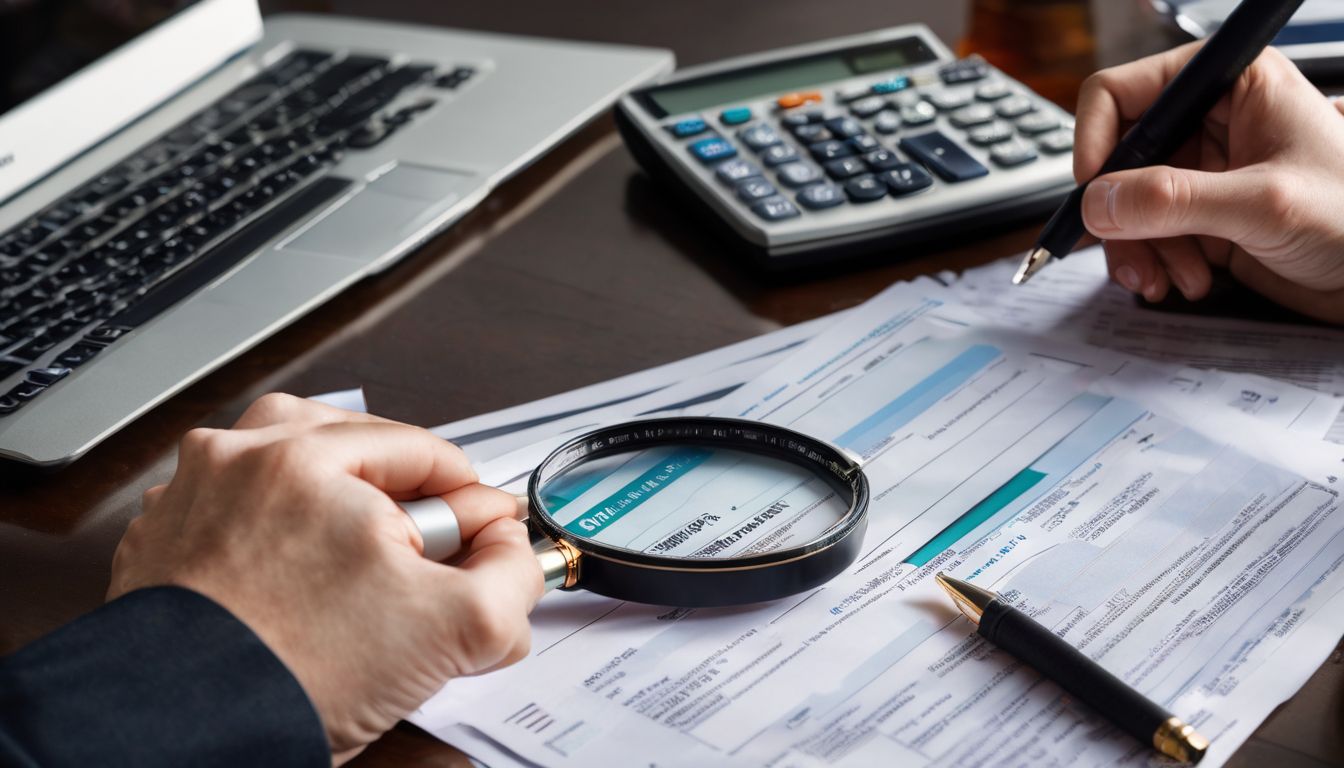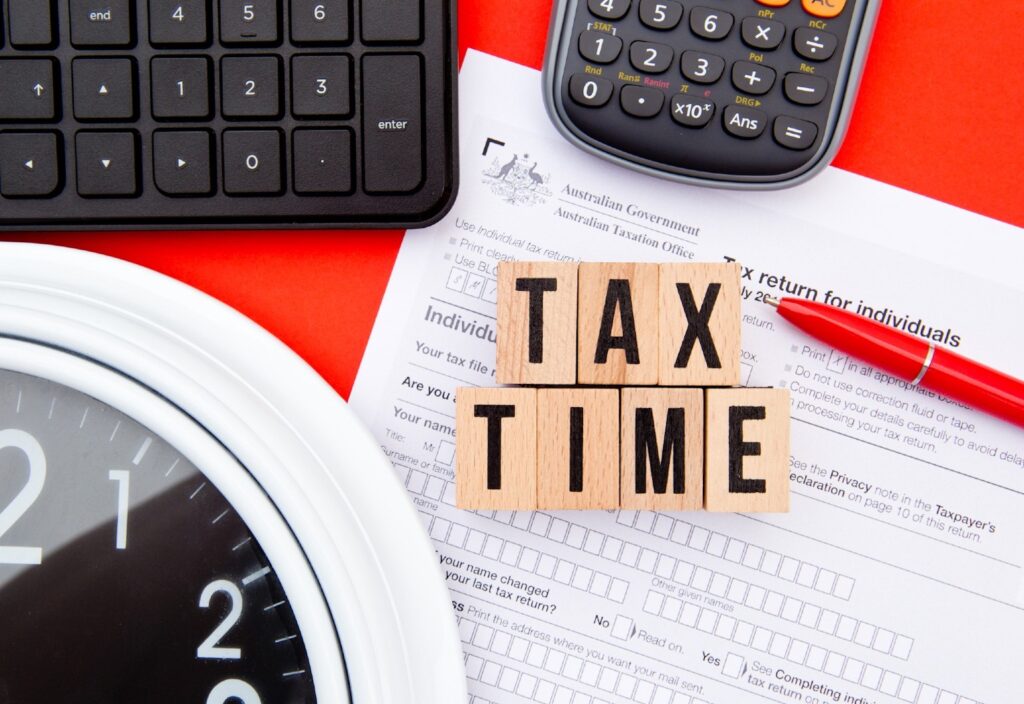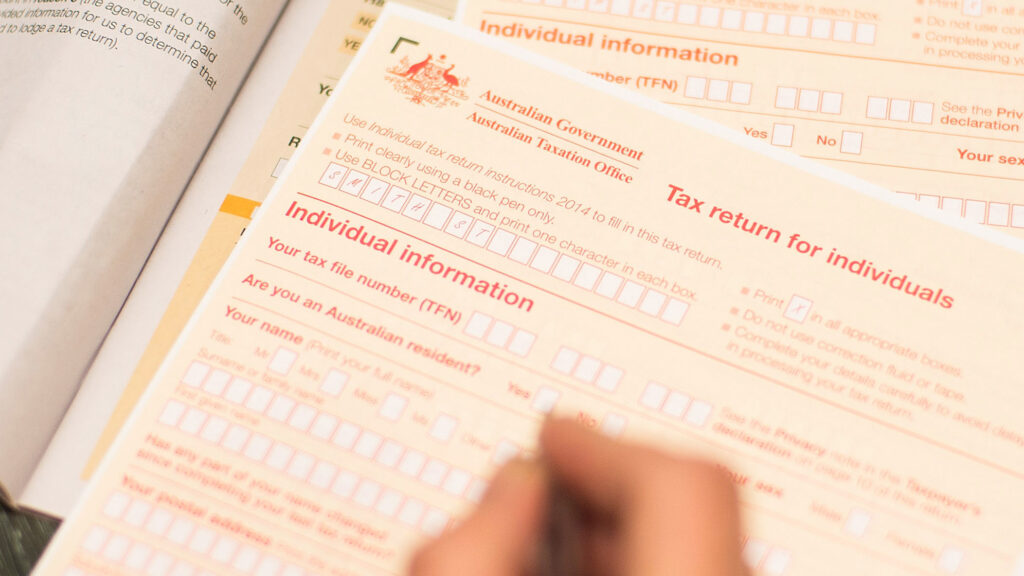
Table of Contents
ToggleWelcome to our comprehensive guide on work-related self-education expenses tax! In this blog, we’ll explore the ins and outs of claiming tax deductions for your self-education expenses directly related to your job.
Whether it’s upgrading your skills or investing in educational assets, understanding the tax rules can be a game changer for your tax return. So, let’s dive in and learn how to navigate the world of tax deductions and make the most of your learning journey while boosting your tax deduction!
What Are Work Related Self-Education Expenses?
Self-education expenses are the costs you have when you take part in learning stuff related to your job. It could be courses at schools, going to work-related events, or studying by yourself here or in other countries.
By doing this, you try to get better at your work and stay competitive. The cool thing is you might be able to get some money back on your taxes by claiming these expenses. So, it’s like a win-win situation – you learn, improve, and save money at the same time!

Criteria For Claiming Self-Education Expenses
Claiming self-education expenses comes with certain criteria that determines whether you can claim the tax deductions. The key factor is establishing a sufficient connection between the expenses and your income-earning activities to the ATO. This connection can be shown in two ways:
- Using the learning to maintain or improve the specific skills and knowledge required for your job.
- Demonstrating that the education is likely to result in an increase in your income from your employment activities.
Meeting the criteria opens the door to claim a deduction on your expenses, allowing you to invest in your professional development while lightening the financial cost of self-education.
Now that we’ve covered the essential criteria, let’s dive into what you can and cannot claim as deductible expenses
When Can’t You Claim The Expenses?
While self-education expenses can be a great way to boost your career, there are some situations when you can’t claim these expenses. The ATO has specific rules in place to ensure that the deductions are fair and relevant.
Expenses that can be claimed as education expenses include tuition fees that you personally pay without being reimbursed by someone else, your employer, or a third party.
However, it’s important to note that tuition fees for Commonwealth-supported places at a university or higher education provider, where you receive financial assistance through a HECS-HELP loan, are not eligible for claiming.
Additionally, any repayments you make for study and training support loans cannot be included as deductible expenses. Being aware of these specifics helps you determine which expenses can be claimed and ensures you make the most of your potential tax deductions for your self-education journey.
For instance, you can’t claim the expenses if they don’t have a sufficient connection to your employment activities at that time. So, taking a full-time fashion photography course while working as a casual sales assistant on the weekends won’t qualify. Similarly, if your learning journey enables you to change careers, like going from a nurse to a doctor, those expenses are also off the deduction table.
Remember, the ATO ensures that deductions are related to your current employment and serve to enhance your skills in your present job. Understanding these exceptions will help you make informed decisions and make the most of your eligible deductions.

Self-Education Expenses Examples
Some examples of deductible self-education expenses are:
- Tuition fees for courses, workshops, or classes directly related to your job.
- Costs for attending work-related conferences, seminars, or workshops.
- Expenses for study materials, including textbooks, workbooks, and required reading.
- Depreciation on assets used for self-education, such as computers or specialised equipment.
- Travel and accommodation expenses incurred when attending off-site educational events.
- Internet and data usage fees for online courses or research related to your profession.
- Phone calls and communication costs related to self-education activities.
- Stationery and office supplies used for educational purposes.
- Membership fees for professional associations or industry-related organisations.
- Fees for professional exams or certifications required for your job.
These are just some examples of self-education expenses incurred that you can potentiality claim as a tax deduction, however it is best to consult with a tax accountant to ensure you are in compliance with the Australian Tax Office and also maximise your refund.

Can You Claim Work-Related Self-Education Expenses Without Receipts?
Claiming work-related self-education expenses without receipts can be a bit tricky. While the ATO allows deductions for certain expenses, they require taxpayers to keep records and retain receipts as evidence of their claims. Without proper documentation, it may be challenging to prove the authenticity of the expenses during tax audits.
However, in exceptional cases where it’s genuinely not possible to obtain receipts, the ATO may accept other forms of evidence, like bank statements or invoices.
It’s crucial to maintain a habit of organising and preserving receipts for all self-education expenses to ensure a smooth and successful tax claim process. Being diligent with your record-keeping will give you the confidence that you can rightfully claim eligible deductions.
It Depends On Your Circumstances
Like most things relating to tax, every situation is different, and each individual will have different expenses that are tax deductible. To make the most out of your refund contact us today!
The information provided on this tax blog is intended for general informational purposes only and should not be considered as professional tax advice. While we strive to ensure the accuracy and currency of the content, tax laws and regulations are subject to change, and individual circumstances may vary. We recommend consulting a qualified tax professional or seeking advice from the Australian Taxation Office (ATO) for personalized guidance tailored to your specific situation. The authors and creators of this blog disclaim any liability for errors, omissions, or inaccuracies in the information provided. Use the information at your own discretion, and always exercise caution when making financial or tax-related decisions.
More to read: Navigating the Sydney Financial Landscape with Expert Tips from Financial Advisors
